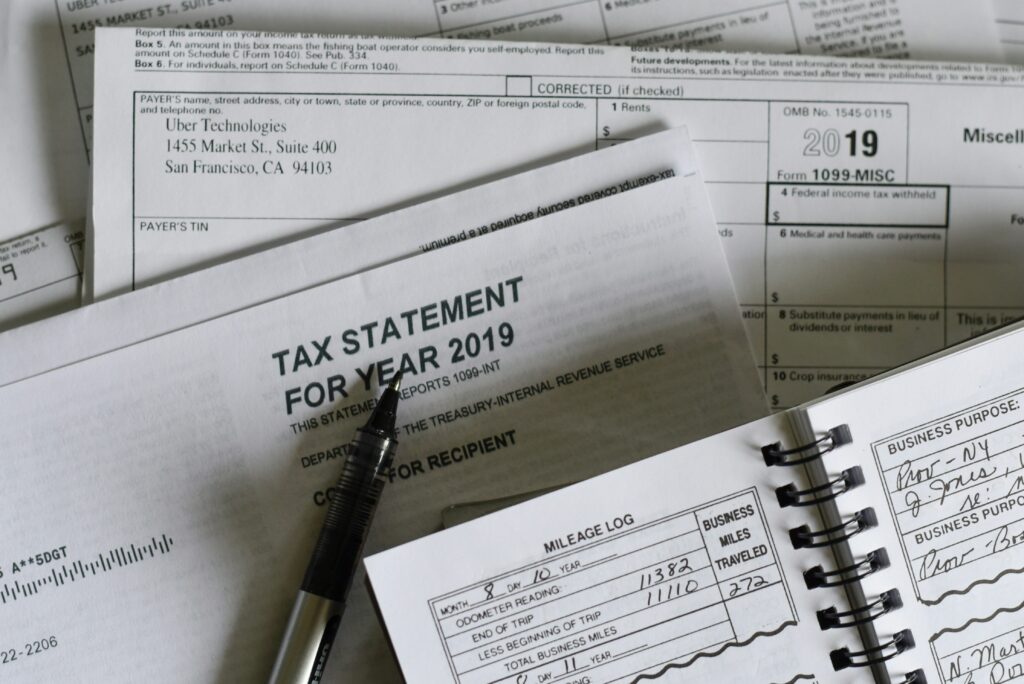It’s common to have to navigate the local levy system when moving to a new nation. For foreigners relocating to Russia, familiarizing themselves with the tax system is essential for meeting tax duties and efficiently managing their finances. This thorough guide will delve into the Russian levy code, covering significant details including resident status, individual income tax rates, deductions, and reporting requirements. Expats can easily manage their tax obligations by developing a thorough awareness of the Russian levy system.

Residency status and tax obligations
Understanding your tax duties in Russia requires first determining your resident status. Based on their stay’s length and purpose, residents and non-residents are treated differently under the Russian tax system. For levy purposes, people are regarded as residents if they stay in Russia for at least 183 days out of the year. Tax citizens must pay taxes on their worldwide returns, whereas non-residents often pay taxes exclusively on their revenue that comes from Russia. It is essential to understand your resident status because it affects the levy laws and rates that apply to you.
Personal income tax rates
The proportion of a person’s earnings that is paid in taxes to the government is referred to as their income tax rate. Usually, these rates are progressive, meaning that they climb along with income levels. Governments use the money they get from personal income taxes to pay for essential services like infrastructure improvement, healthcare, and defense.
Marginal tax rate
The majority of nations use a system of marginal tax rates, where various revenue bands are subject to various tax rates. Income falling within each bracket is taxed at the allotted rate, while earnings falling outside of that bracket are subject to a higher rate of taxation. As a result, people with greater salaries pay proportionately more into the tax system.
Progressive taxation
By charging higher tax rates to those with greater incomes, progressive levy systems aim to increase fairness. This strategy intends to spread the tax burden more and offer a safety net for people with lower earnings. The following elements affect the tax rates.
Tax jurisdiction
The tax laws and rules of each nation determine the personal income levy rates. Because each nation has its own tax laws, rates, and thresholds, the tax obligations of people living in different nations vary greatly.
Taxable income
The amount of income left over after deductions, exemptions, and allowances is known as an individual’s taxable income, and it is this amount that is normally subject to personal income levy rates. Taxable income can originate from a variety of sources, including wages, dividends, capital gains, rental earnings, and self-employment revenue.
Tax planning strategies
Utilizing tax planning techniques like deductions, exemptions, and levy credits can assist people in lowering their overall tax liability and reducing their taxable income. These techniques can be used to improve one’s tariff status while remaining within the legal limitations.
Deductions and exemptions
The Russian tax system offers several exemptions and deductions that might help residents’ overall tariff obligations. Common deductions include mortgage interest payments, medical costs, educational costs, and contributions to required pension plans. Expatriates should be aware that each deduction type may have unique requirements and restrictions. To verify eligibility and maximize available deductions, it is necessary to keep accurate records and speak with tariff experts.
Tax filing and deadlines
The “Declaration on the Personal Income Tax,” which is an annual tariff return, must be submitted by April 30 of the succeeding year for Russian tax residents. All earnings earned during the tariff year, as well as any appropriate deductions and exemptions, should be reported on the tax return. To avoid fines and interest costs, it’s critical to meet the filing dates. Depending on the particulars, non-residents who have income from Russia may also need to file taxes.
Double taxation agreements (DTAs)
To avoid double taxation on the same income, Russia has signed Double Taxation Agreements (DTAs) with numerous other nations. These agreements offer relief by either allowing a tariff credit in the home country or by exempting specific types of revenue from taxation. To guarantee they take advantage of these rules and prevent double taxation, expatriates should research whether their home country has a DTA with Russia. The best way to use DTAs is to seek the advice of levy specialists in both Russia and their home country.
Tax planning and professional assistance
It can be challenging to navigate the Russian levy system, particularly for expats in unusual financial circumstances. Using the services of certified tax experts or accountants who are knowledgeable about foreign taxation might offer helpful advice. They can support effective levy planning, guarantee adherence to Russian tax regulations, and pinpoint allowable credits and deductions. Making educated decisions and successfully managing tax liabilities can be achieved by expatriates by regularly examining tax planning techniques.
You may also find these articles helpful
Getting an employment visa: Work Permit in Russia
